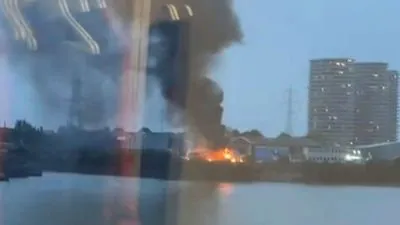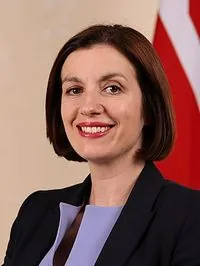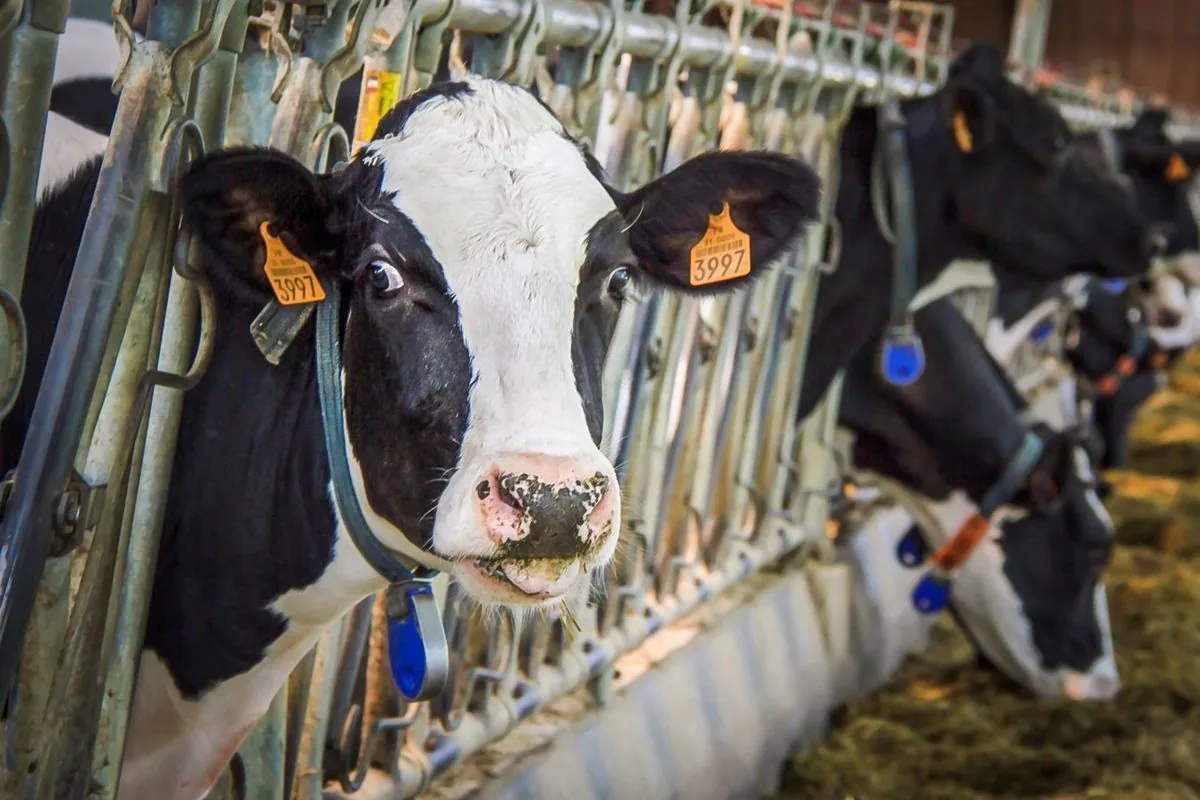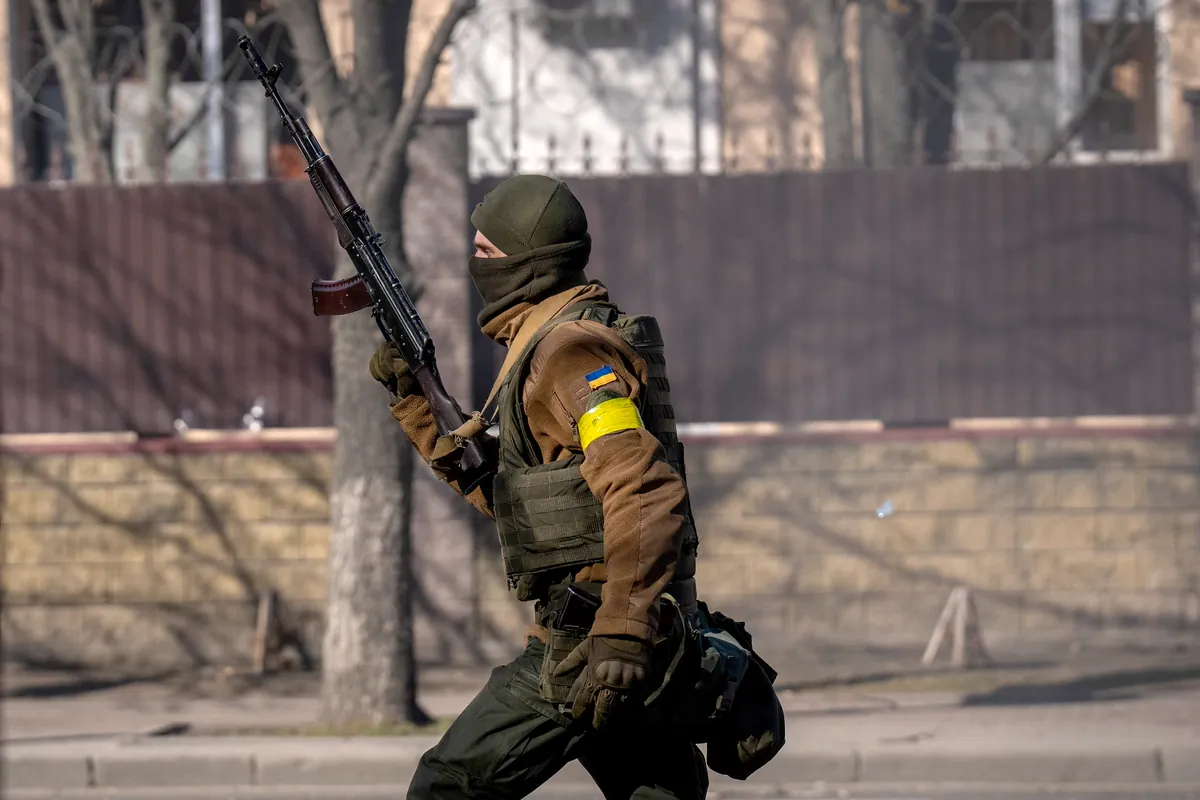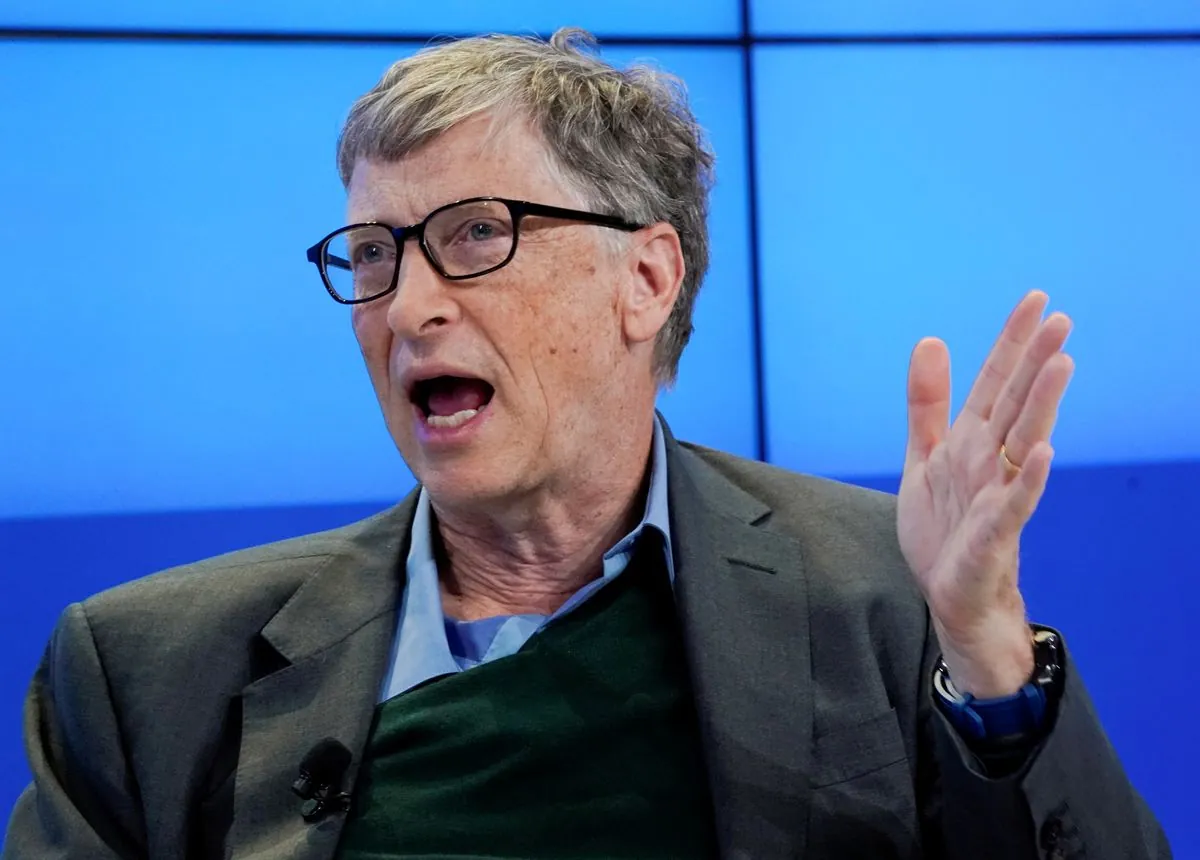Putin's Nuclear Fuel Export Threat: Global Supply Concerns Rise
Russian President Vladimir Putin's suggestion to halt nuclear fuel exports sparks concerns over global supply and potential impacts on Russia's war funding. Experts warn of challenges in replacing Russian uranium supplies.
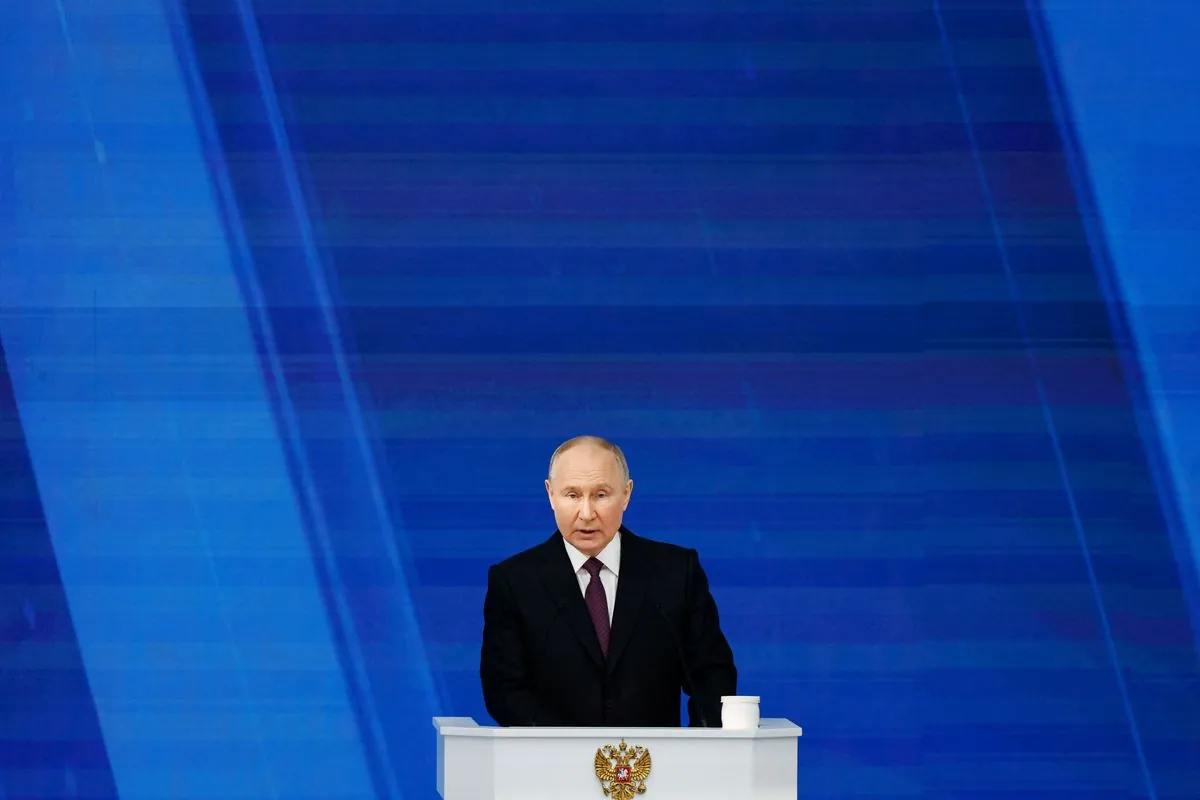
Vladimir Putin's recent suggestion to restrict nuclear fuel exports has raised alarms among global energy experts. The Russian leader's proposal, made two days ago, could potentially disrupt the international nuclear fuel supply chain and impact Russia's war-related revenue streams.
Russia currently plays a significant role in the global nuclear fuel market, accounting for 5% of raw uranium production, 30% of conversion, and nearly 50% of enrichment capacity. This dominance has led to concerns about the potential consequences of Putin's threat.
The United States, which relies on Russia for a quarter of its enriched uranium needs, is particularly vulnerable to such a move. While the US has plans to ban Russian uranium imports starting next month, existing contracts may continue until the close of 2027.
Nick Lawson, CEO of Ocean Wall, a London-based brokerage, compared Putin's threat to "the OPEC cartel threatening to stop selling oil to the West." He emphasized the West's current inability to meet its nuclear fuel needs independently, stating, "The West does not have the capability to mine the ore and to be able to enrich it in the quantities that are needed to supply our reactors."

The nuclear industry has a rich history, with uranium first discovered in 1789 by German chemist Martin Klaproth. Since then, nuclear power has become a significant source of global electricity, providing about 10% of the world's power. The largest uranium-producing countries are Kazakhstan, Canada, and Australia, highlighting the global nature of the nuclear fuel supply chain.
Efforts to develop an independent uranium supply chain are underway, with the UK, Canada, France, Japan, and the US announcing joint plans. However, these initiatives face significant challenges. Arkady Gevorkyan, a Citi analyst, warned that replacing Russian supplies would be "really hard... especially in the short term, the next two to three years."
The nuclear power industry has seen both triumphs and tragedies. While the first commercial nuclear power plant opened in 1956 in England, the industry also witnessed the worst nuclear accident in history with the Chernobyl disaster in 1986. Despite these challenges, nuclear power continues to play a crucial role in many countries' energy strategies, particularly due to its lack of direct carbon dioxide emissions.
Experts suggest that Putin's threat may be a response to discussions about authorizing Ukraine to use long-range missiles for strikes deep into Russian territory. Theresa Fallon, founder of the Center for Russia Europe Asia Studies, noted, "Perhaps Putin feels at this stage that, after two and a half years, his threats to use nuclear weapons are getting tired and he instead needs to remind everybody that their nuclear reactors also depend on Russian uranium."
The timing of Putin's statement, just ahead of a meeting between US President Joe Biden and UK Labour leader Sir Keir Starmer, has not gone unnoticed. It potentially adds another layer of complexity to international discussions on the ongoing conflict in Ukraine.
While the threat to cut off uranium supplies could significantly impact global nuclear energy production, it also poses risks for Russia. John Lough, an associate fellow at Chatham House, pointed out that such a move could permanently damage Rosatom's commercial relationships with Western customers, similar to the pariah status now faced by Russian state gas giant Gazprom.
As the situation unfolds, the global community watches closely, aware that the decisions made in the coming months could have far-reaching consequences for both the nuclear energy sector and the geopolitical landscape.
"We should consider halting supplies of uranium, nickel and titanium to the West in retaliation for sanctions imposed over the ongoing war on Ukraine. However, we must be cautious about doing anything that would harm ourselves."
This complex situation underscores the intricate connections between energy policy, international relations, and global security. As nations grapple with these challenges, the future of nuclear energy and its role in the world's power supply remains uncertain.









